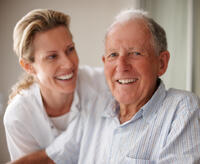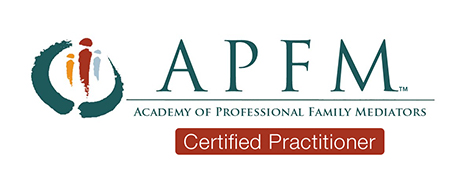
Geriatric depression is a disabling illness that is associated with increased morbidity and mortality and deserves aggressive and early intervention. Cognitive-behavioral group therapy is an effective intervention for the treatment of geriatric depression and can be used with residents in an assisted living facility to manage and prevent depression. Cognitive-behavioral group therapy protocol modifications for residents in assisted-living facilities aids their participation and learning.
Aging is a natural process that may present challenges for some individuals and their families. Although many older adults look forward to moving from middle age into their later years, it may be difficult for others to adjust.
All adults may experience health issues and stress as they approach and pass middle age, and the support of a therapist through elder counseling may help ease the transition.
We are committed to enhancing the lives of senior adults and their families and caregivers by providing the needed tools to empower them to maximize their strengths and independence. We are dedicated to helping seniors remain in their homes for as long as possible by providing services, education and information that help with informed decision-making as well as improving, enhancing dignity and quality of life.
The Family Relationship Center offers the following services for Elder Counseling:
- In-office counseling sessions
- Assisted Living or Independent Living facility in-home counseling sessions (Private Pay per 1/2 or Full hour)
- Video Therapy Sessions through private Telemedicine Thera-link
Therapy can help older adults who may have difficulty with the transitions of aging to manage their emotions, find new sources of enjoyment and meaning, and find new support systems. It can help people face their fears of death, if they have such fears, and deal with grief as friends and family members pass on. Family or individual therapy can also assist family members who may be caretakers of their elder relatives, as it can assist them in dealing with their emotions, communication issues—which may be especially helpful if an elder has some form of dementia—and community resources. Possible diagnoses associated with aging might be include depression or anxiety. Dementia is technically a medical diagnosis rather than a mental one, but therapeutic treatment may be able to help treat some of the symptoms associated with dementia.
Many older adults also enter therapy to seek treatment for mental health issues not related to aging, in higher numbers than they did in the past. This appears to be due to the fact that attitudes pertaining to mental health issues have begun to change as awareness increases. Many older adults grew up in a time when mental illness was stigmatized and when all mental issues faced by seniors were written off as aging or dementia. But now, therapy is considered by many older adults as a form of treatment, and research shows that seniors are often more serious about therapy, realizing that their time is limited, and that they tend to obtain results more quickly than younger people do. In therapy, seniors may address issues from childhood or early adulthood; current life adjustments; and issues such as stress, anxiety, depression, or family concerns, among others.
Older adults may also be more likely to enter therapy late in life now than they were in the past simply because people live longer now than they did previously. A person who is 60 years of age is likely to have 15 or 20 years remaining in life, and the transitory period that occurs for many at this stage may begin a process of reflection that leads many older adults to seek therapy























